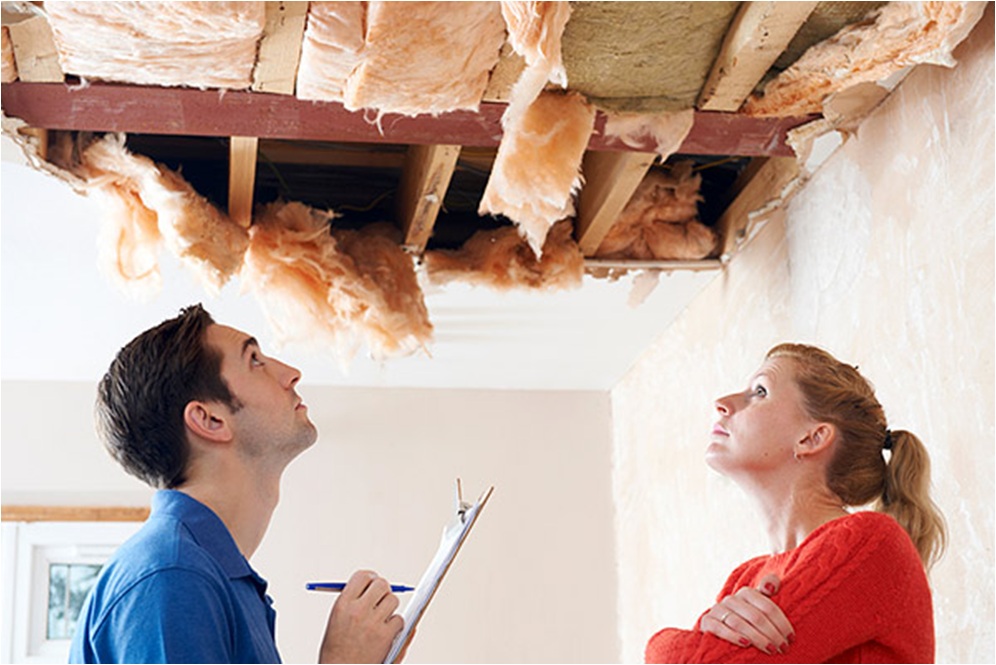Homeownership is a fervent goal for many Americans. Having a home — whether it’s a simple one-bedroom condominium for someone new to the workforce, a starter ranch for a young family, or a large colonial with dual offices for a working couple with kids — provides a number of benefits. There are many tax advantages, not to mention the freedom to decorate and personalize the living environment to you taste. Want to make an addition, paint a room or remodel the kitchen? As long as it’s in the budget, it is up to you. A house might be one of the largest purchases you make in your life. It can be a great way to build equity in your property over time.
However, with the positives of homeownership come the responsibilities. That includes paying real estate taxes, negotiating interest rates on a mortgage and keeping your house in good condition. As a homeowner, there is no landlord to manage regular maintenance — that is up to you. While some chores such as mowing the grass, washing the windows and shoveling the driveway are straightforward, other home repairs can be more involved — and significantly more expensive.
Maintenance projects are also common. In fact, there is a good chance that you’ll have to fix at least one part of your property every year. According to recent stats, the most prevalent type of repair you may face involves the plumbing. Other common issues include air conditioning problems; refrigerators that don’t operate properly; trouble with heating systems; and issues with smoke detectors
Obviously, a refrigerator that won’t cool or a smoke detector that can’t stop beeping needs attention. Likewise, other repairs may be easy to spot and fix, such as replacing the washers on a leaky faucet or rehanging a cabinet door that has come loose. However, there are other subtle signs that may indicate a major issue brewing in your house.
Fortunately, performing regular maintenance and repair can help you stay abreast of seemingly minor issues that could morph into larger ones. Check out the accompanying resource, which describes some of the warning signs that you should never overlook when it comes to your house. Watch for minor symptoms of damage and you’ll hopefully prevent more significant issues and maintain the value of your property. Better still? You can gain peace of mind knowing your home is safe and comfortable.

